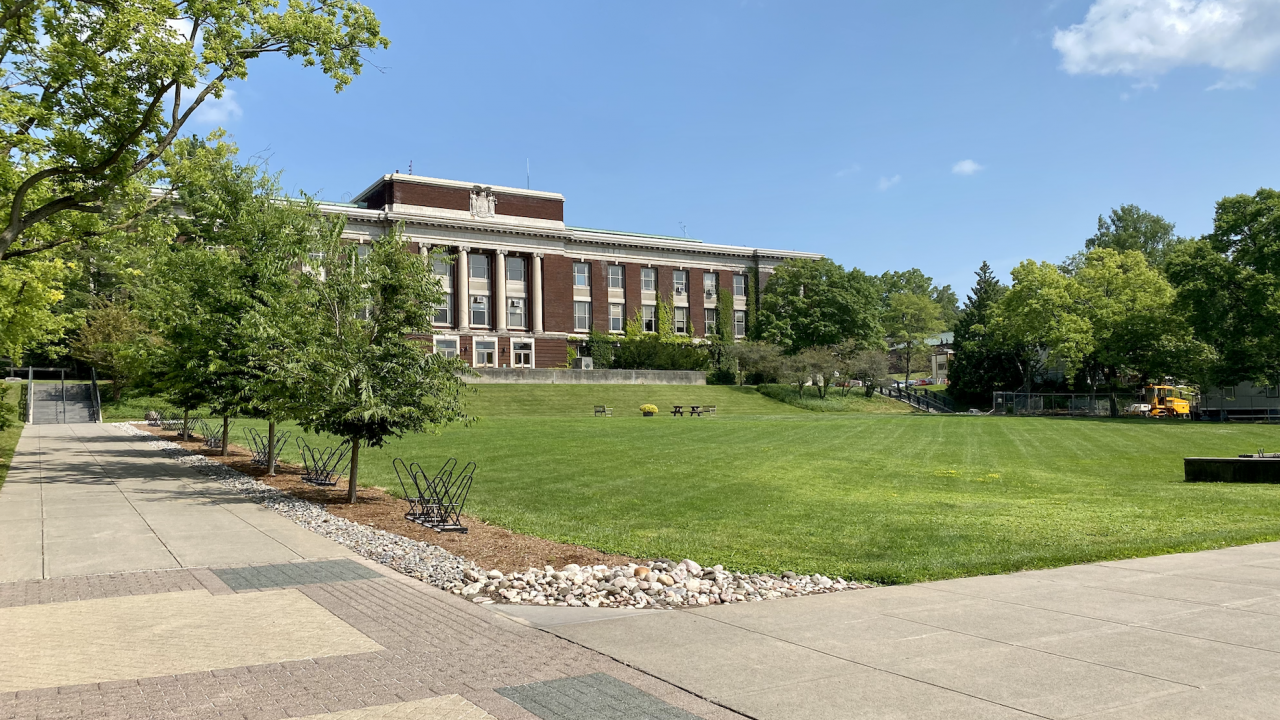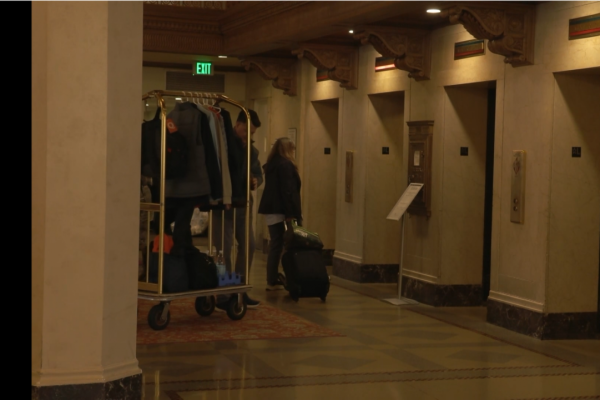
SYRACUSE, N.Y. (NCC News)– Leaves falling early this summer could mean extensive damage to your tree.
If you look outside and see leaves falling off the trees in your yard, fall isn’t coming early, it’s just the weather.
SUNY ESF extension entomologist and instructional support specialist Kim Adams said the issue is mostly because of the cool, wet weather from the spring and fungi.
“Because most trees have accomplished the major photosynthetic effort for the season, they can shed leaves if they’re more costly than beneficial,” said Adams.
Adams said if leaves are infected, they are going to drop early, especially as wind disperses the fungi called anthracnose. Across the area, Norway maples are showing as the most impacted species of trees this season.
“A healthy tree can undergo complete defoliation even if for a couple of years and be okay,” said Adams.
Adams said to help decrease the chance of infection, raking leaves and using fungicides can be beneficial, but most likely will not take away the issue completely due to the small spores on the leaves.
For those who have questions about trees, SUNY EST takes extension calls by email at extension@esf.edu or by phone at (315) 470-6751.




